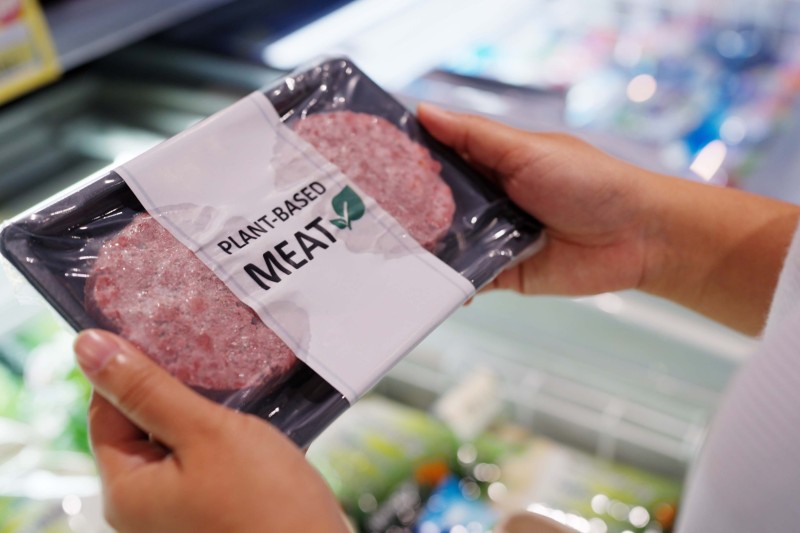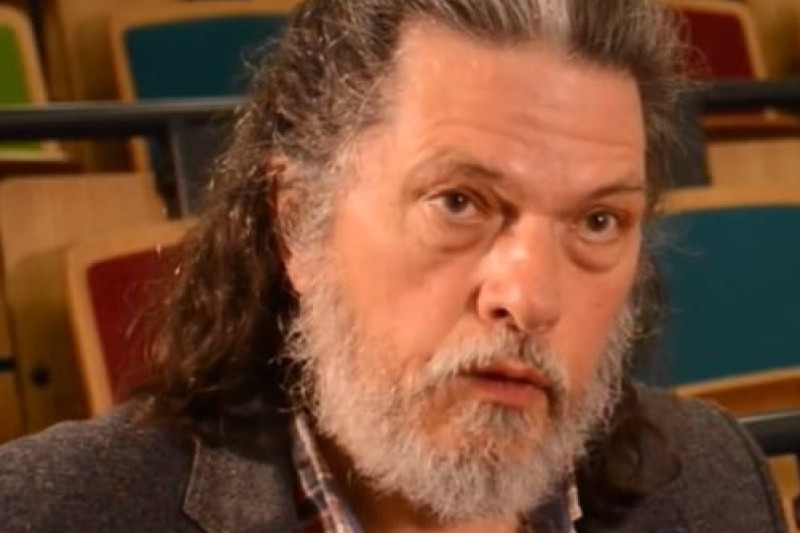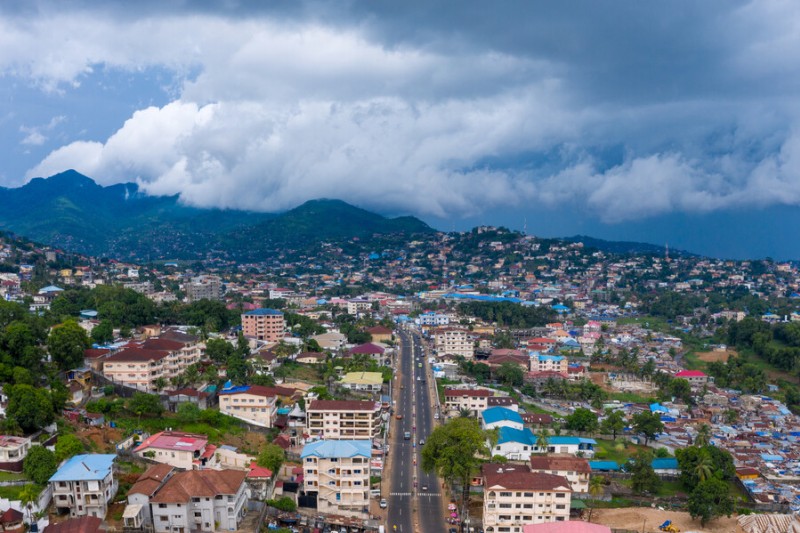Participatory action research (PAR) is an approach that highlights the importance of involving participants in the research process. In simple terms, in participatory action research participants do not only act as informants, but also have a say in how the research project develops. While there are many definitions out there, most academics agree that the main characteristics of this type of research are its iterative aspect, its context-specific view and the fact that it aims for social change.
Dr Annamária Neag employed a PAR approach during the last phase of her project focusing on unaccompanied refugee youth for exactly these reasons. The aim of the final phase of her project is to create media literacy educational materials for refugee children. In order to create these materials, Dr Neag found it was important to involve the refugee youth as much as possible. Who can tell us more about their needs, than the teenagers themselves? Young refugees are the experts in their own lives.
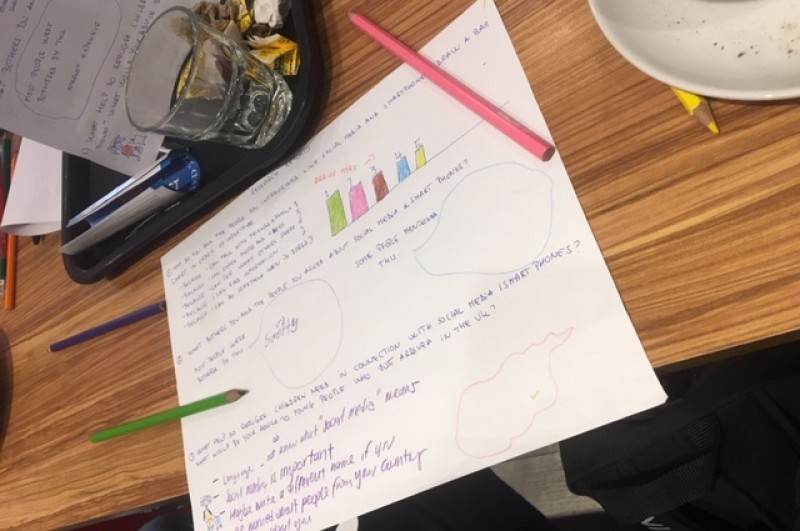
To create the materials, Dr Neag embarked on a journey with 12 young people whom she met through YoungRoots, a charity working in London that helps young refugees to realise their potential. On this journey she was also accompanied by NGO experts working at the charity who helped in understanding the children’s needs and experiences. The young people were from different regions of the world, such as Eritrea, Syria and Guinea, but they all shared one experience: that of re-starting life in a foreign country with all its difficulties and exciting moments. These young people formed the first Leadership Group set up by YoungRoots, and they attended several residential meetings and trips that were aimed at strenghtening their leadership skills.
During these trips and later in online chat groups , Dr. Neag discovered that these young people had strong opinions about many topics involving social media and online technologies. They voiced their opinions on influencers, hate speech and phone addiction. They were aware of the dangers of fake news, and some of them had high hopes of once becoming successful YouTubers themselves.
In order to explore the needs of other refugee children in terms of media literacy and digital technologies, Dr Neag and a coordinator from Young Roots collaborated on creating a training programme for developing the young people’s interviewing skills. Together they built an initial set of questions for the interviews, which was then re-designed with the help of the young people during the workshop.
After attending this training session, the teenagers then set about discovering what their peers thought about social media and what they’d need to become more knowledgeable online. After carrying out these interviews, Dr Neag met with the teens and the NGO experts to explore their findings. The session provided valuable information about the needs of refugee children in terms of media literacy and their online life. The young people’s findings thus became the first steps in creating the media literacy educational tools – the final goal of the project.
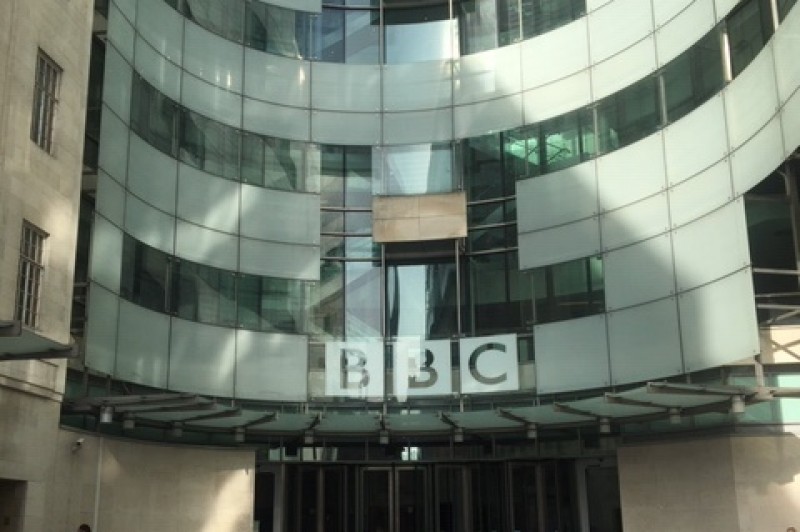
To celebrate their work and a fruitful collaboration, the group finished their session with a visit to Broadcasting House (BBC) in London. After they had tried out their own interviewing skills with their friends, they then had the chance to meet real reporters and to explore how a major news organisation works. The young people had the opportunity to ask questions about the BBC World Service, to explore the building and to pose for a (lot of) selfies.
The next stage of the ‘Media literacy for unaccompanied refugee youth’ project is to create an app that will strengthen young refugees’ media literacy skills.
